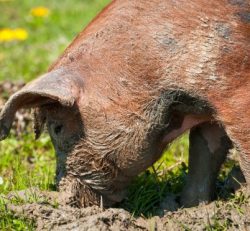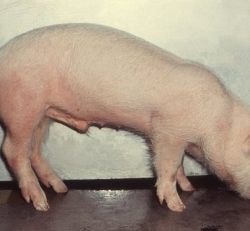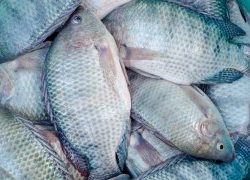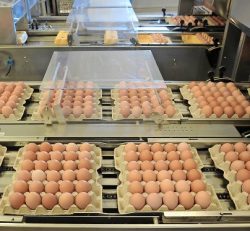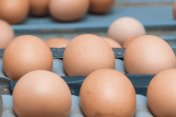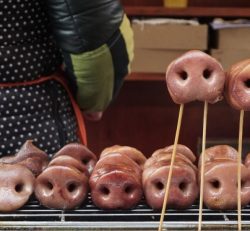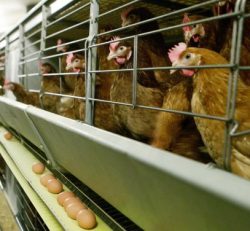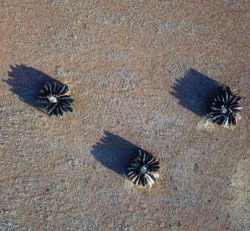AMR SPREADING FROM ANIMAL TO HUMAN: ENOUGH PROOF?
Previous research for example suggests resistant E. coli bacteria can be passed directly to humans by livestock. However, limitations in these studies mean that the role of farm animals in the rise and spread of drug-resistant bacteria remains poorly understood, the researchers say.
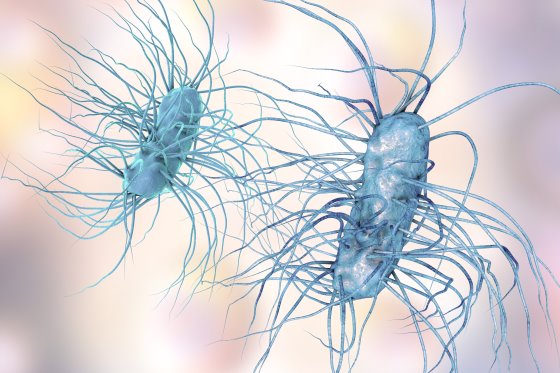
Previous research for example suggests resistant E. coli bacteria can be passed directly to humans by livestock. Photo: Shutterstock
45 studies reviewed
This is why a team from the University of Edinburgh in the UK systematically reviewed the current evidence that food animals are responsible for transfer of antimicrobial-resistant bacteria (AMR) to humans. The team searched PubMed, Web of Science, and EMBASE for literature published between 1940 and 2016. In total, 256 studies were reviewed, and 45 studies met all inclusion criteria. The 45 studies were geographically diverse and included 20 countries, with 26 from Europe, 11 from Asia, 5 from North America, 2 from Africa, and 1 from the Middle East. Studies in our review reported different livestock species, either alone or in combination with other species. Of the 8 studies that suggested transfer of AMR from food animals to humans, 7 studies were based on poultry isolates and one study on pig isolates. Among the studies, 13 antibiotic classes were reported, either alone or in combination with other classes.
The researchers found that 8 studies (18%) suggested evidence of transmission of AMR from food animals to humans, 25 studies (56%) suggested transmission between animals and humans with no direction specified and 12 studies (26%) did not support transmission.


Source: Dishon et al
No robust conclusions can be drawn
Some studies in this review suggested to provide evidence for the transfer of AMR from and between food animals and humans, while a larger number did not suggest to provide evidence of transmission in either direction. In addition to the differing nature of methods used to infer direction, studies in the review differed in sampling methodologies and antibiotics tested. These differences may have affected the conclusions made regarding the epidemiological connection between food animals and humans. 1 study (2%) used high resolution typing tools, 36 (80%) used intermediate resolution typing tools, 6 (13%) relied on low resolution typing tools, and 2 (5%) based conclusions on co-occurrence of resistance. The researchers conclude that while some studies suggested to provide evidence that transmission of AMR from food animals to humans may occur, robust conclusions on the directionality of transmission cannot be drawn due to limitations in study methodologies.


